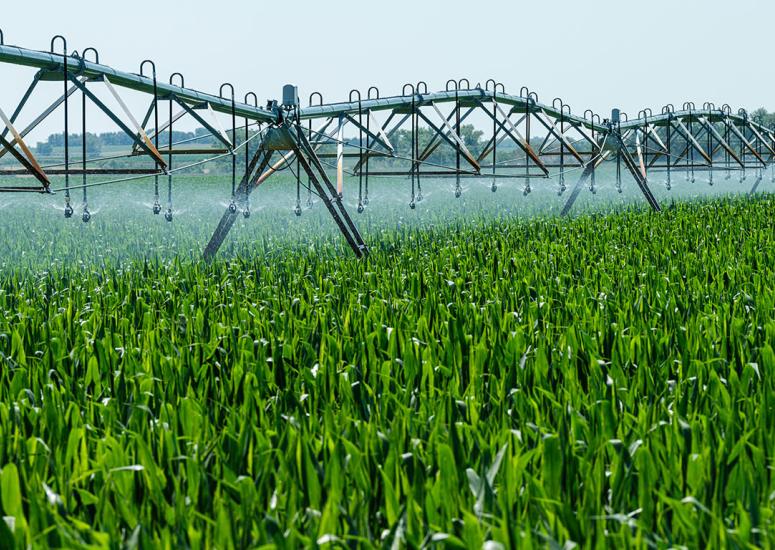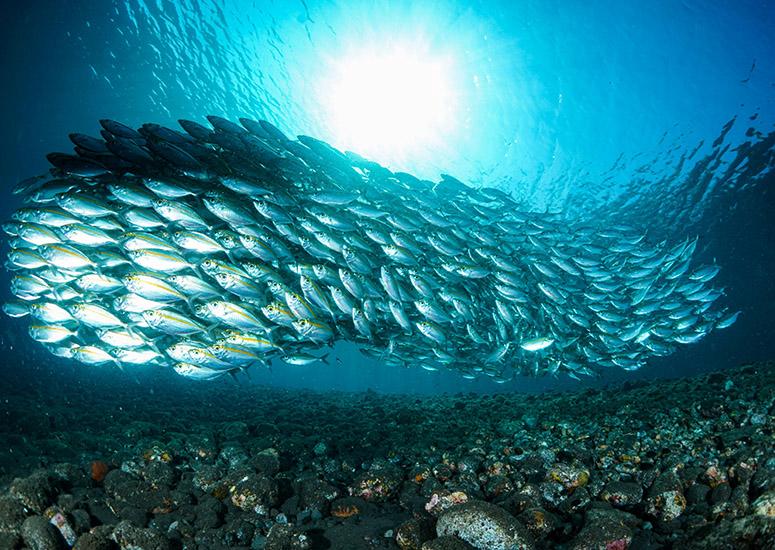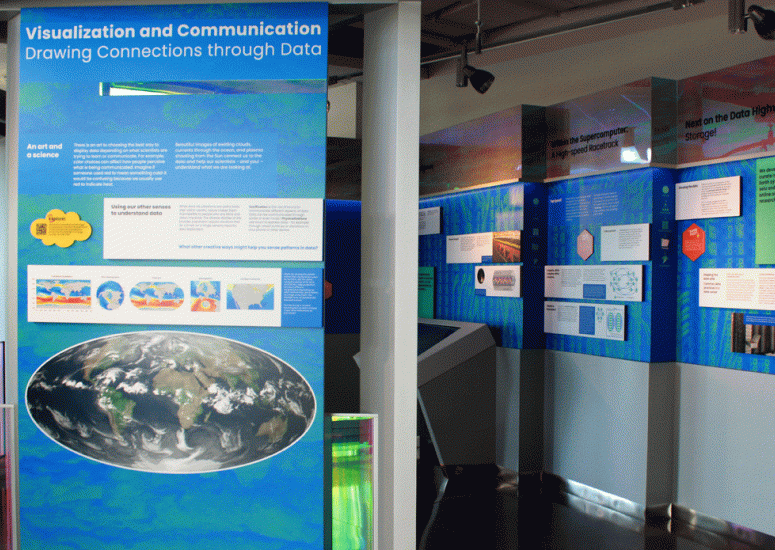-

Reaping the benefits of a digital twin
A multi-disciplinary team of researchers aims to make agricultural data more accessible with a mobile app and web-based application called CropSmart. The goal of CropSmart is to revolutionize the way farmers, agribusiness operators, and government agricultural officials make decisions about irrigation strategies, fertilizer applications, and when to harvest.
- Data
-

A school of new data about how climate impacts fisheries
NSF NCAR scientists have linked together multiple state-of-the-art computer models to create a detailed picture of how conditions in the atmosphere affect the ocean; how the ocean, in turn, affects the growth of phytoplankton and zooplankton; and finally, how the small fish that eat zooplankton (and the bigger fish that eat them) are impacted.
- Climate,
- Data
-

Thomas Hauser named director of NCAR’s Computational & Information Systems Laboratory
Thomas Hauser has been named director of the Computational & Information Systems Laboratory (CISL) at the National Center for Atmospheric Research (NCAR).
- Data,
- Organization,
- Supercomputing
-

NCAR redesigns visitor center at Wyoming supercomputing facility
The visitor center at the NCAR-Wyoming Supercomputing Center has been completely redesigned and is reopening to the public on May 15.
- Data,
- Education + Outreach,
- Supercomputing
-

Busalacchi testifies to Congress about data and innovation for predictions
UCAR President Antonio Busalacchi told lawmakers the success of U.S. weather forecasting efforts relies on increasingly productive collaborations among a triad consisting of the academic and research communities, the public sector, and the private sector.
- Data,
- Government Relations

